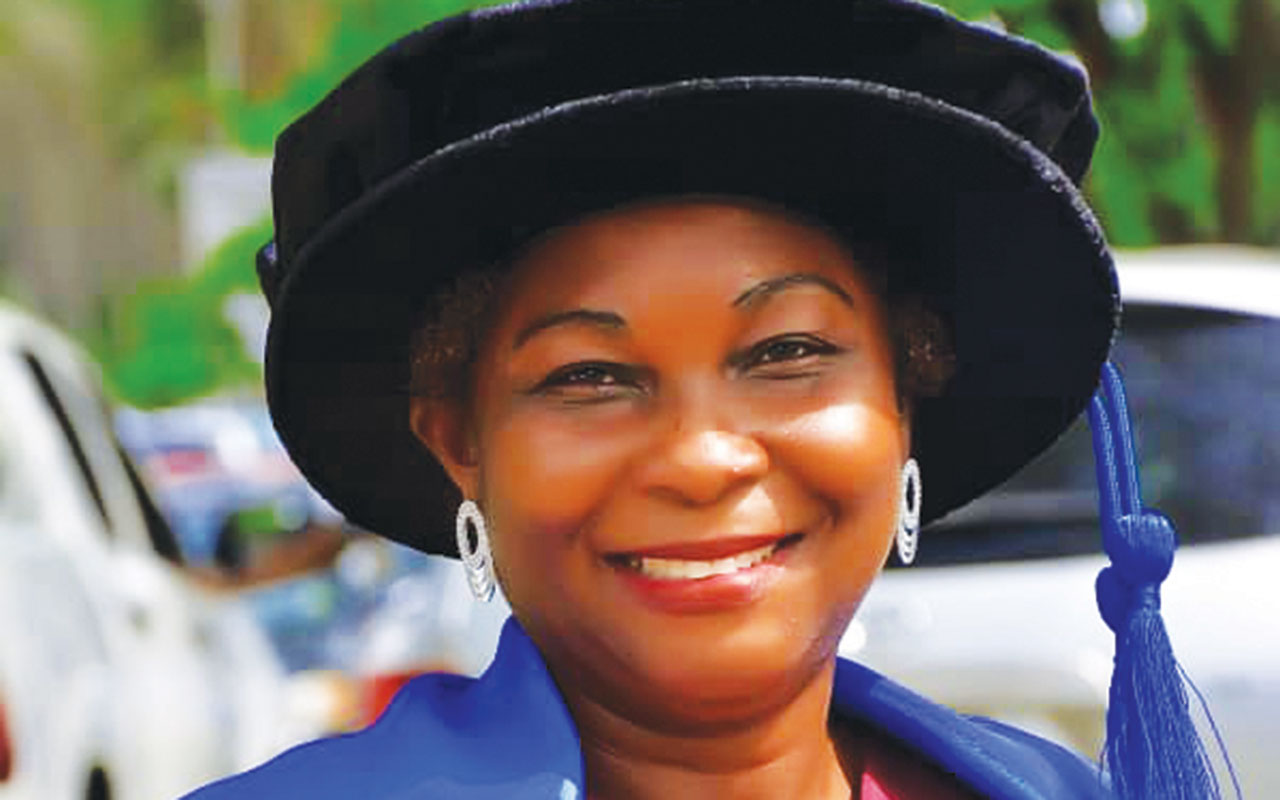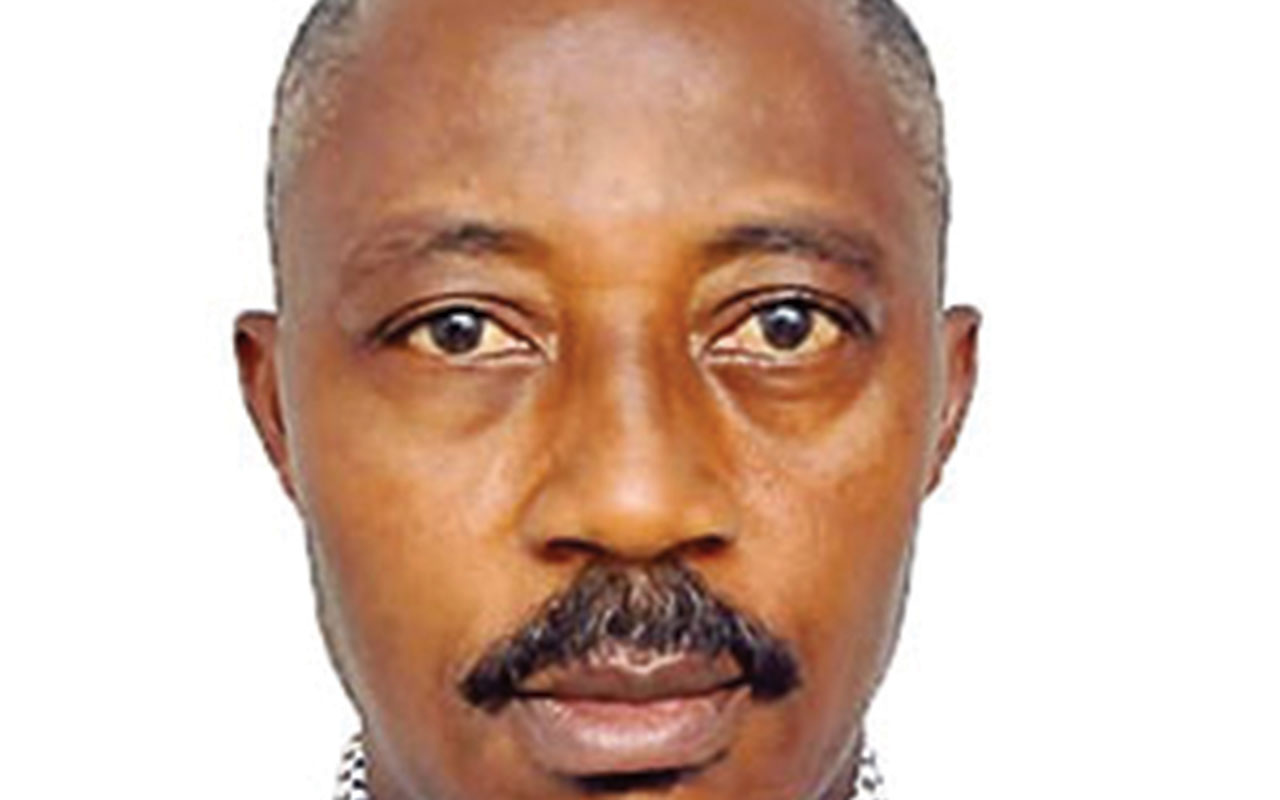
Stakeholders in media have given the industry a nod for living up to expectation in the country’s 63 years existence. While saying the media has held public office holders accountable, they, however, noted there is still room for improvement.
They unanimously agreed that the media was instrumental to attainment of independence in 1960, and thereafter, has sustained democratic culture.
While expressing concern over the harsh economic climate, they insisted media practitioners must rethink their funding models.
The professionals, who spoke with The Guardian include, Convener, Centre for Social Media Research, Hakeem Olaniyan; Deputy Executive Director, Media Rights Agenda (MRA), Ayode Longe; lecturer, Department of Journalism and Media Studies, Faculty of Communication and Media Studies, University of Port Harcourt, Ngozi Comfort Omojunikanbi and Chief Technologist in the Department of Mass Communication, Yaba College of Technology, Abidemi Gbekeloluwa.
To Omojunikanbi, these past 63 years, the media landscape has evolved rapidly from introductions of newspapers and radio to the establishment of television in 1959 and penetration of Internet and digital in the early 2000s.
She observed that the introduction of digital technology has been instrumental to improvement in media services and content creation, enabling the Nigerian public to take informed decisions owing to the availability of information from different sources.
Noting that access to media content has improved considerably, she stressed the need for further improvement in terms of media freedom and diversity.
According to her, “government should ensure media practitioners are provided with the necessary legal protection to practice their profession without fear of persecution or reprisal. This could include, enacting legislation that explicitly protects freedom of the press, and providing journalists with legal representation in cases of libel or defamation. Moreover, government can also provide support to media organisations, both financially and institutionally, to make sure they have the capacity to cover stories without fear of reprisal. Additionally, government can provide initiatives that seek to increase media literacy for both journalists and the public, thereby, empowering individuals to better understand the implications of the media and its applications. Finally, the government can investigate and prosecute any instances of violence or intimidation that is carried out against members of the press.”
She advised the media to be more attentive to the complexities of the Nigerian civil society, and provide information and insights on how individuals and communities are affected by larger policy decisions.
“Media content must become more diverse and inclusive. This would involve giving adequate attention and representation to minority voices, and investing in personnel and resources that focus on different experiences and perspectives.
“Finally, the media can play a vital role in promoting civic engagement and development of new media technologies. This could involve fostering dialogue between digital media actors and the Nigerian public, developing new platforms that facilitate conversations between different stakeholders, and encouraging media organisations to innovate and explore new methods of engagement. This way, the media can act as a bridge between the Nigerian public and the wider world, contributing to a more open and connected society.”
Longe, on his part, noted, “it will seem to me that the media landscape has worsened with time from 1960. The situation now seems worse than during the military era. It is such that though we are in a democratic dispensation, the legislature and executive will rather rule by military decrees and they continually attempt to enact laws that muzzle freedom of expression and press freedom.”
He added the media is trying in its efforts to sustain democratic culture in the country, but it works within an environment that is not making it possible to see enough results.
Longe disclosed, “the institutions and systems that ought to take things up from where the media reported, have been hijacked such that these institutions and systems are neither independent nor adequately equipped to perform their statutory roles, so, media efforts are often wasted. The media have reported enough stories of malfeasance, and broken news that in other climes would lead to arrests, prosecutions, and resignations, as well as to spontaneous protests but neither the institutions that should take it up from there nor the Nigerian people react.
“Today, the media do the work of holding government accountable than any opposition party, but because the system and institutions have been bastardised, and filled with party loyalists no action is taken. Today, reporting issues of corruption has become like playing a broken record.”

Speaking further, he added government could safeguard press freedom by ensuring conducive and enabling environment for it to thrive, as well as protection of journalists and the safety of media industry.
This, he added, the government could do by enacting laws that expressly guarantee press freedom.
In addition, he suggested, “relevant government agencies should diligently prosecute attacks on journalists, thereby, making the environment conducive for journalists and the media to do their work.”
To him, neither Section 22 nor Section 39 of the 1999 Constitution (as amended), guarantees press freedom and an Appeal Court has ruled that section 39 offers no special right to the press than it does to every Nigerian citizen.
He stated, “as you know, Section 22 is not justiciable, and therefore, it is as good as not being there. As if this is not bad enough, we have several of laws that stifle media freedom in Nigeria.”
And sub 2 adds: “Subject to this Constitution and any other law not consistent with this Constitution, there shall be no censorship in Ghana.
“This freedom is further strengthened by the repeal of the criminal libel law in 2001 and the enactment of the Whistleblowers Act in 2006. All these in Ghana!
“In Nigeria, there is no express guarantee of press freedom in any of our laws, rather we still have criminal libel in our laws and it is very much being ‘misused’ here and the members of theNational Assembly seem to always be falling over themselves to enact laws that will gag media freedom. In other words, we need the right legislation to strengthen media practice. Section 24 of the Cybercrime Act has also been misused and abused by law enforcement agencies to curb press freedom. Yet government wants to continue to enact more laws such that the time will come when government will have to approve items that will be aired or published by the media.”
Olaniyan, on his part, said, “if you take a broad look at the last 63 years, you will agree that the Nigerian media has done creditably well, with perhaps, the print media the best developed in terms of holding leaders to account.
He identified three major periods of assessment: “Before independence, the media, including print and electronic, was used to advance political causes. The likes of Iwe Irohin, Thomas Jackson’s Lagos Weekly Record and Nnamdi Azikiwe’s West African Pilot set the tone for politically active print media. Television development followed the same pattern with the establishment of the Western Nigeria Television (WNTV) in 1959 by the government of the Western Region, the Eastern Nigerian Television (ENTV) by the Eastern Region; and the Northern Nigeria Television (NNTV), owned by the Northern Region in 1962. This period produced a media that was often used to advance political ideologies.
“Then, we had the period after independence and the military era, where a pattern of ethnic ownership first began to emerge, and the media began to be fragmented along those lines. Regardless of this though, the media is credited with its leading role in the fight against military rule, with the likes of Newswatch, Tell and The News being positive examples.
On safeguarding press freedom, he advocated collaboration of all stakeholders.
Olaniyan advised, “regulating the new media environment, for instance, requires practitioners, platform owners like Facebook and the government to come together to agree on framework for either self-regulation or co-regulation.”
Gbekeloluwa, on her part, noted the Nigerian media has performed below expectations, “as far as I’m concerned. I hold that the press has delved more into survival mode. Players are indeed dictating the tunes. Thank God for the various social media platforms.
“The media by law, should serve as the watchdog of the society. In a democratic setting, the media must hold the government accountable to the people. This equally entails educating the populace as well as give insights into the implications of some government’s policies.






